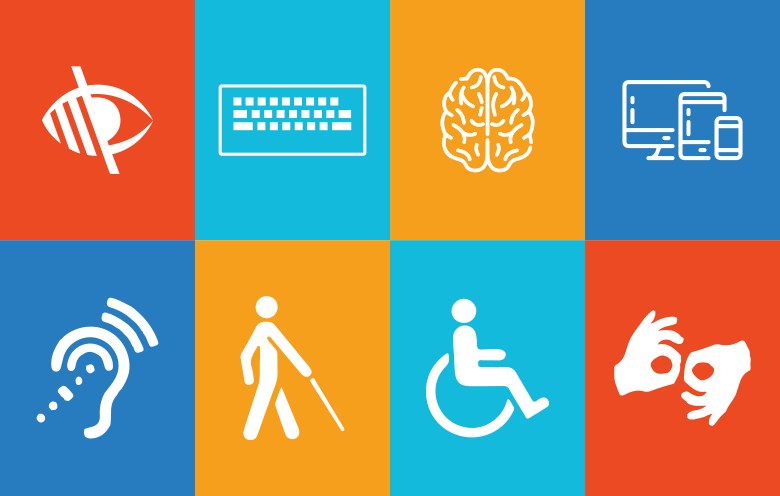Buzz Haven: Your Source for Trending Insights
Stay updated with the latest buzz in news, trends, and lifestyle.
Access for All: Why Your Website Needs to Be an Open Door
Unlock your website's potential! Discover why accessibility is the key to reaching every visitor and boosting your online success.
Understanding Web Accessibility: The Key to Inclusivity
Web accessibility is the practice of designing websites and online content in a way that ensures everyone can access and benefit from them, regardless of their abilities or disabilities. This not only includes individuals with visual, auditory, or motor impairments but also those who may have learning disabilities or age-related challenges. By implementing accessible design principles, web developers and content creators enable a more inclusive internet that empowers users from diverse backgrounds.
To achieve effective web accessibility, various guidelines and standards, such as the Web Content Accessibility Guidelines (WCAG), can be followed. These guidelines focus on several key areas, including:
- Text alternatives for non-text content
- Ensuring sufficient contrast between text and background
- Navigable interfaces that are easy to use
- Accessible multimedia options
By prioritizing accessibility, businesses not only fulfill their ethical obligations but also expand their audience, enhance user experience, and potentially improve their search engine rankings.

10 Essential Tips to Make Your Website Accessible for Everyone
Creating a website that is accessible for everyone is crucial in ensuring that all users, regardless of their abilities, can navigate and interact with your content. Here are 10 essential tips to enhance your website's accessibility:
- Utilize alt text for images: Describe images with concise text to assist visually impaired users who rely on screen readers.
- Implement a logical heading structure: Use H1, H2, and other headings properly to create a navigable content outline.
- Choose color contrast wisely: Ensure that text is easily readable against its background for users with visual impairments.
- Make your website keyboard-friendly: Ensure that all functionalities are accessible via keyboard navigation.
- Provide transcripts for audio and video content: This helps users with hearing impairments to access your multimedia content.
Continuing with our 10 essential tips, here are more strategies to ensure your website's inclusivity:
- Use descriptive link text: Make link text meaningful to provide context about where the link will take the user.
- Implement ARIA (Accessible Rich Internet Applications) roles: These help provide additional context to users who rely on assistive technologies.
- Ensure form accessibility: Label all form fields clearly and make error messages descriptive.
- Regularly test your website: Use accessibility evaluation tools to identify and fix potential issues.
- Gather feedback from users with disabilities: Involve individuals with diverse abilities by asking for their insights on your site's accessibility.
Is Your Website Leaving Anyone Behind? Discover the Importance of Accessibility
In an increasingly digital world, accessibility is a crucial aspect of web design that often gets overlooked. Statistics show that nearly 15% of the global population experiences some form of disability, making it vital for websites to be inclusive. Not only does an accessible website provide a better user experience for those with disabilities, but it also enhances usability for everyone. By ensuring that your site is navigable and comprehensible for all users, you can avoid leaving anyone behind and foster a more inclusive online community.
Moreover, focusing on accessibility can significantly benefit your website's performance and visibility in search engine results. Search engines prioritize sites that provide a seamless experience for all users, which includes those with disabilities. Implementing accessibility standards, such as alternative text for images, proper heading structures, and keyboard navigation, not only meets legal compliance but also creates a more user-friendly environment. Therefore, investing in accessibility is not just a moral imperative; it's a smart business strategy that can ultimately lead to increased traffic and engagement.